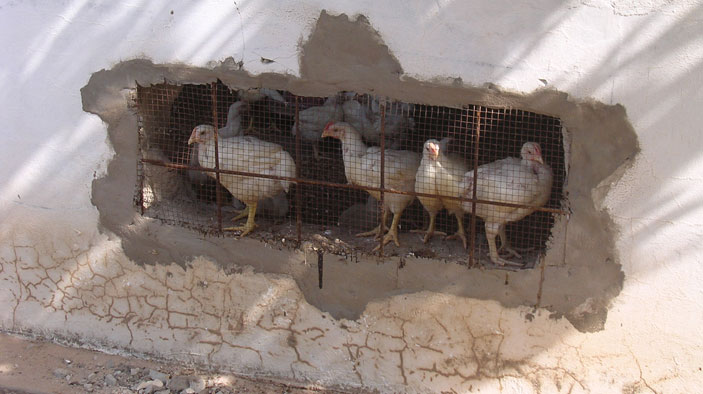Worldwide—RESPOND
Client: U.S. Agency for International Development
Duration: 2009-2014
Region: Worldwide
Country: Regional
Solutions: Global Health
Diseases of serious concern are emerging from wildlife populations in regions of the world where humans, wildlife, and livestock are increasingly in contact. The boundaries between populations undergo ongoing change, and areas where they cross often have limited resources for disease prevention and control. To protect human populations from pandemic disease outbreaks, public health systems must radically alter their approaches to disease detection, response, control, and prevention. RESPOND was one component of the U.S. Agency for International Development (USAID)’s Emerging Pandemic Threats (EPT) program, and coordinated with three other projects: PREDICT, PREVENT, and IDENTIFY. Our team combined the expertise of DAI with project partners: University of Minnesota, Tufts University, Training Resources Group, and Ecology and Environment. All EPT projects closely coordinated technical assistance with the international efforts of the U.S. Centers for Disease Control and Prevention. The project operated in hotspot regions where conditions are conducive for animal-to-human disease outbreaks.

Sample Activities
- Improve training capacity for skills necessary to respond to suspected outbreaks.
- Improve cross-sectoral linkages to support coordinated outbreak response.
- Improve capacity to conduct investigations of suspected outbreaks.
Select Results
- Supported efforts in Uganda to diagnose and contain anthrax and viral hemorrhagic fever outbreaks in 2010, and an Ebola outbreak in 2011.
- In 2010, supported the founding of the One Health Central and East Africa network, which includes 14 academic institutions from the Democratic Republic of the Congo, Ethiopia, Kenya, Rwanda, Tanzania, and Uganda.
- In July 2011, provided training in wildlife, livestock disease, and public health to professionals from 10 African countries, including representatives from ministries of health, agriculture, and wildlife.
RELATED CONTENT:
Worldwide—Ending Preventable Deaths (EPD) Support Programme
The Ending Preventable Deaths (EPD) Support Programme supports the U.K. Foreign, Commonwealth & Development Office’s strategy for Contributing to Ending the Preventable Deaths of Mothers, Babies, and Children by 2030—and is a core component of FCDO’s global health strategy.
Read More